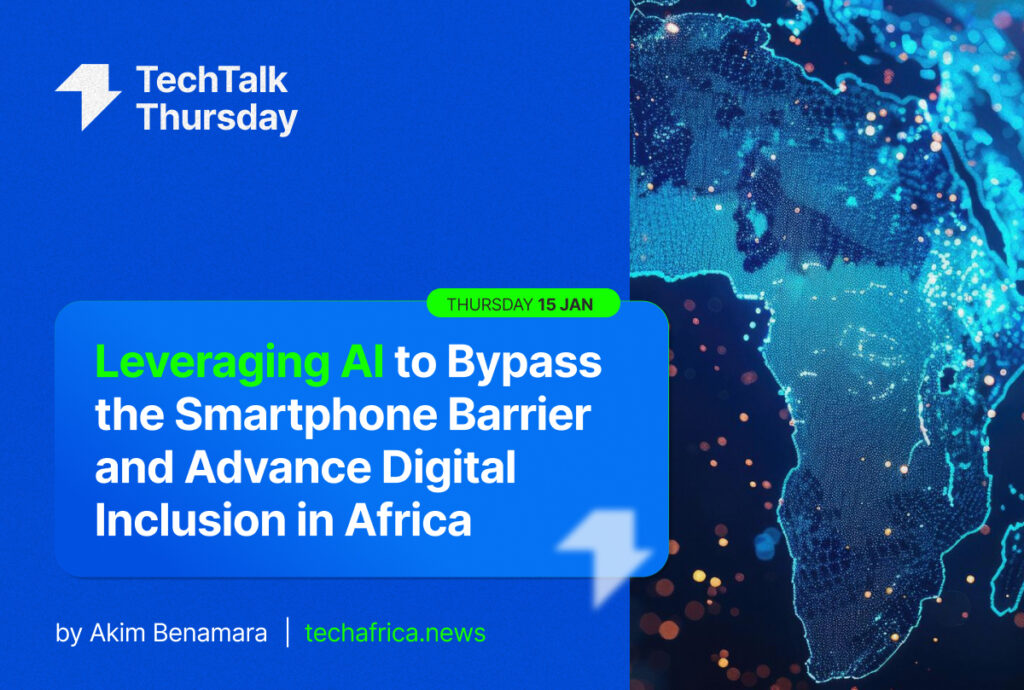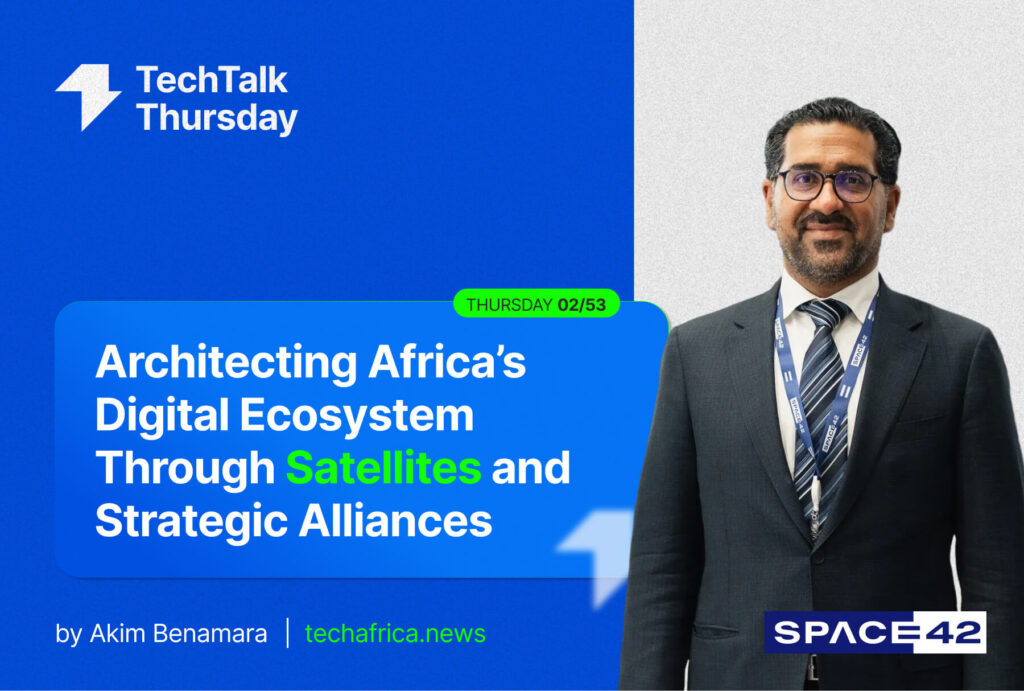Mikko Lavanti on Nokia’s Path to Inclusive Digital Transformation in Africa
In a discussion with Akim Benamara, TechAfrica News’ Chief Editor and Founder, Mikko Lavanti, Senior Vice President, Mobile Networks Market for Middle East and Africa, Nokia shared his insights on the ongoing evolution from traditional telecommunications (telco) to technology-centric (techco) models in Africa. The conversation, sparked after a panel at GITEX Africa 2025, highlighted both the unique challenges and the immense opportunities present in the African market.

- 0:40Building Real Coverage Everywhere
- 1:15Avoiding Duplication of Investment
- 1:50Ethical Business
- 2:22Optimism for Africa's Future
Building the Foundation: Coverage and Partnerships
Lavanti emphasized the fundamental need for expanded coverage across the continent. “We have to work on building real coverage everywhere,” he stated, pointing out that achieving this requires a collaborative ecosystem and strong partnerships. He cited Nokia’s involvement in Liberia, focusing on rural coverage, and the NGIC project in Ghana, which delivers 5G as a service to other operators, as examples of initiatives driving this expansion. These projects underscore the importance of shared infrastructure and resources to avoid duplication of investment, especially in regions where connectivity is still a barrier.
Affordability and Accessibility: Cape Town as an Example
Lavanti highlighted a 5G deployment in Cape Town, South Africa, where Wi-Fi is shared from 5G home connections with a nearby township. This model, he explained, “provides capabilities and possibilities, affordable prices for the local people to do some business,” demonstrating how technology can empower local communities and foster economic growth. This example showcases the potential for creative solutions to bridge the digital divide and promote inclusivity.
Ethical Business and People-Centric Approach
Lavanti stressed that the transition to a techco should not overshadow the importance of ethical business practices and a focus on people. “It’s about the people in the end,” he asserted, emphasizing the need for health and safety, and ensuring that investments benefit the community. This people-centric vision calls for a responsible and sustainable approach to technology development, where the well-being of individuals and communities remains a top priority.
“From Nokia’s perspective, it’s about having connectivity with the right speed, with the right quality—everywhere. But we also talk about ethical business. So, it’s extremely important here that we make sure every dollar being spent is spent on the people. I think health and safety is extremely important. Those are the things that, when we talk about the techco, people tend to forget—that in the end, it’s about the people. And it needs to be a very, very good business in that sense as well.”
– Mikko Lavanti, Senior Vice President, Mobile Networks Market for Middle East and Africa, Nokia
Optimism for Africa’s Future
Despite global challenges, Lavanti expressed strong optimism about Africa’s potential. He pointed to the continent’s young population and the vast amount of work still to be done as key drivers for growth. “I believe that we need to have more AI engineers coming from Africa than from India in the next 10 to 15 years,” Lavanti declared, highlighting the potential for Africa to become a hub for technological innovation. This optimistic outlook underscores the importance of investing in education and skills development to unlock the continent’s full potential.





